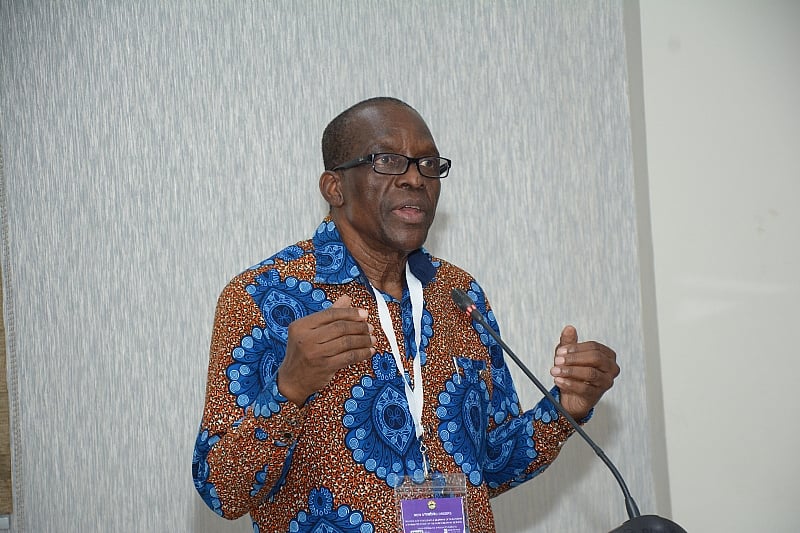Private legal practitioner Justice Abdulai has recently voiced doubts about any potential changes that Speaker of Ghana’s Parliament, Alban Bagbin, might introduce concerning the Supreme Court’s stay of execution on the ruling that deemed four parliamentary seats vacant. In an interview with Channel One TV, he expressed a clear expectation that the Speaker would not go against the Supreme Court’s orders. Abdulai emphasized that compliance with the court ruling is fundamental for upholding constitutional integrity. He articulated that should the Speaker decide to disregard the ruling, it could lead to another constitutional crisis that would need to be addressed later, although he remains cautious about the likelihood of such a scenario.
This ruling stemmed from a motion introduced by former Minority Leader Haruna Iddrisu, which invoked constitutional provisions that require Members of Parliament (MPs) seeking to run as independent candidates to vacate their seats. The four affected MPs—Cynthia Morrison from Agona West, Kwadjo Asante from Suhum, Andrew Amoako Asiamah from Fomena, and Peter Kwakye Ackah from Amenfi Central—were found to have violated these provisions either by switching their political affiliations or by declaring their intention to run as independents in the upcoming elections. This legal context highlights the complexities involved in the actions of parliamentarians amid electoral uncertainties.
Ahead of the Speaker’s pivotal ruling, which was delivered on Thursday, Majority Leader Alexander Afenyo-Markin took preemptive legal steps by filing for clarification from the Supreme Court regarding the status of the four MPs, whose political ambitions could influence their current parliamentary roles. Their decision to contest the upcoming December 2024 elections—either as members of the New Patriotic Party (NPP) or as independents—necessitated this legal inquiry. The urgency of the situation highlights the challenges posed by political transitions and the necessity for strict adherence to constitutional guidelines.
Following the Speaker’s ruling, Afenyo-Markin further escalated the issue by filing for a stay of execution regarding the Speaker’s decision. This legal maneuver indicates a continuing struggle for clarity and authority over parliamentary representation and underscores the stakes involved as the December elections draw nearer. The Supreme Court’s subsequent stay order acted as a temporary measure, suspending any immediate effects of the ruling, including the declaration that the seats were vacant.
The ongoing legal and political implications of this case reveal a broader tension within Ghana’s parliamentary system, particularly relating to the enforcement of constitutional mandates governing the conduct of MPs. It accentuates the need for clear legal frameworks and adherence to the rule of law, especially in a politically charged environment where the actions of individual MPs can significantly impact the national political landscape.
In conclusion, Justice Abdulai’s skepticism regarding any potential reversal or disregard of the Supreme Court’s ruling by the Speaker reflects a coherent perspective on the challenges facing Ghana’s parliamentary democracy. It reinforces the vital role that legal practitioners and judges play in maintaining constitutional order as political ambitions evolve, thus serving as a reminder of the delicate balance between legislative intent and judicial authority in the governance of the country. The complexities surrounding the four MPs and their futures exemplify larger systemic issues that require careful handling to ensure that the democratic processes remain intact as Ghana approaches its crucial electoral period.


